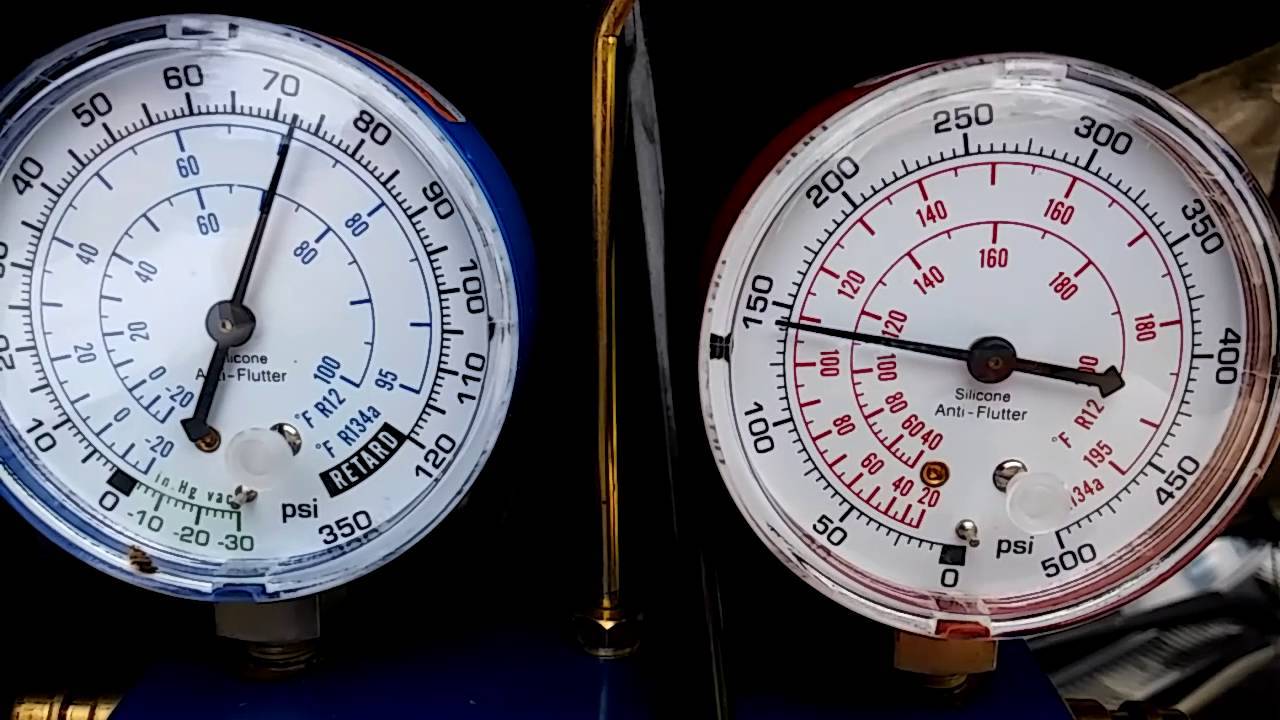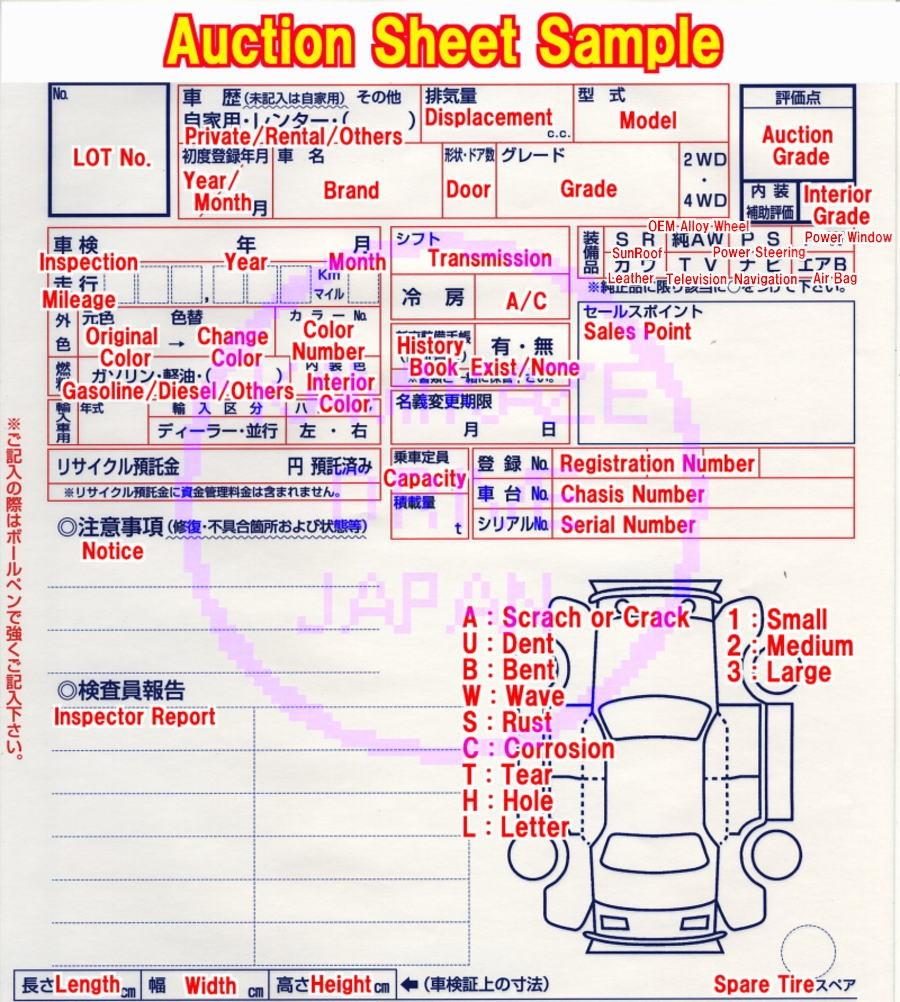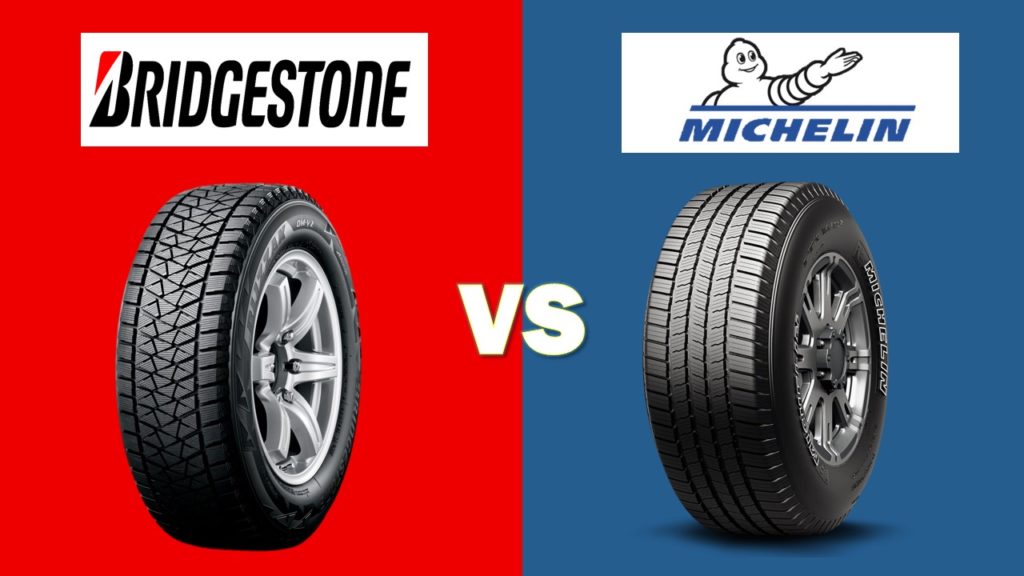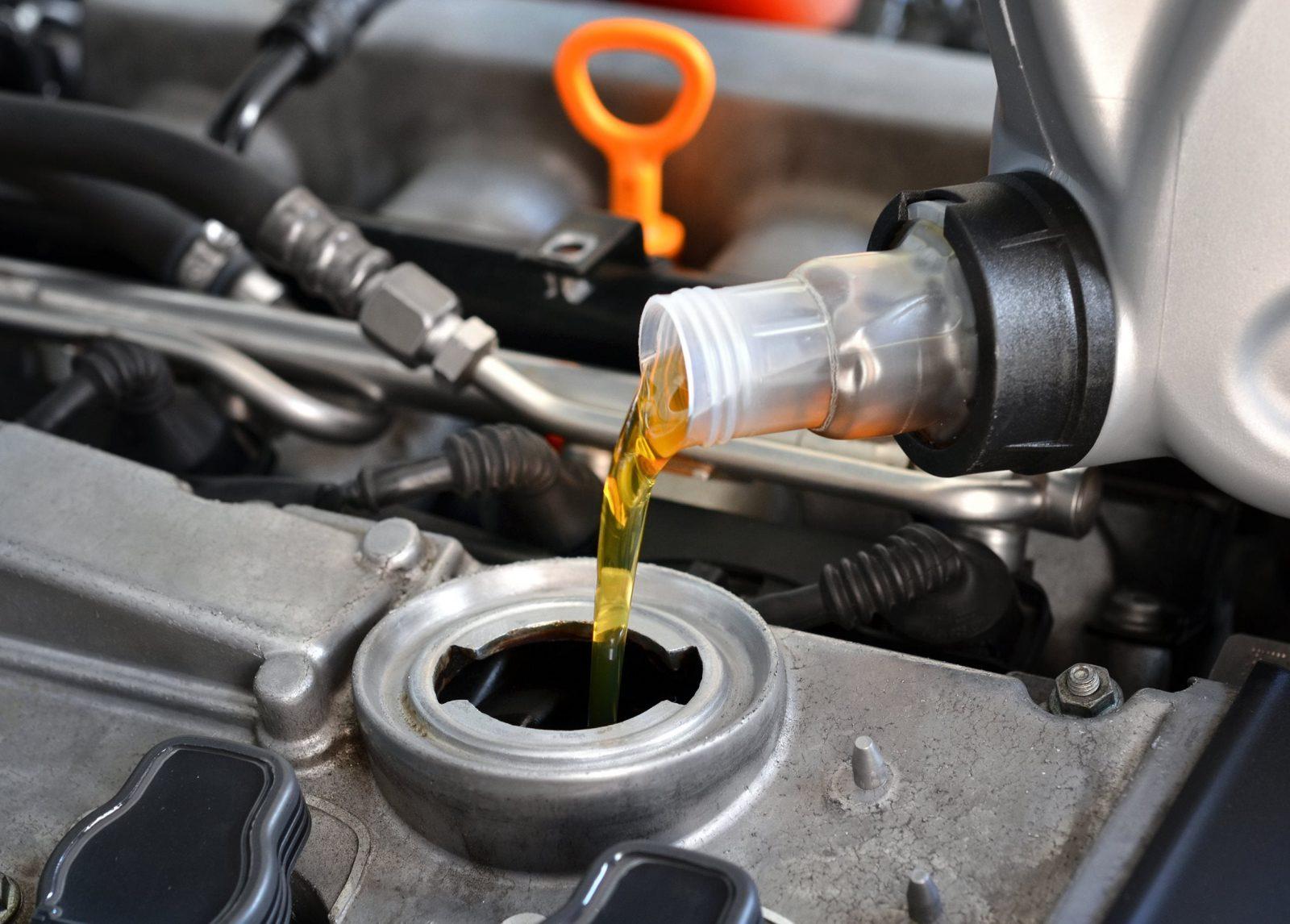Listen to the Engine Noises: What are They Trying to Tell?
What do you do after jumping into the car? Well, most of us turn up the radio loud and rev up the motor. But, don’t let the music muffle the ears so that you don’t hear the engine noises. Whether it’s a rattling or clunking sound, you should pay notice because ignoring them may land you in major repairs accompanied by a shocking figure of bills.
The Engine Noises You Should Pay Attention
Most of the sounds made by your automobile are quite natural but look out when you hear any of the following:
The annoying clicking
The worn out or sticking hydraulic lifter in the valve train is the source of such a noise. It does the job of opening and closing the exhaust and intake valves. A low oil pressure may cause a varnish buildup on its surface, which leads to the sticking problem. You have to replace the defective lifter. Otherwise, it will collapse and damage the valve train.
Continuous rattling
The timing chains in the overhead camshafts create the clattering when the nylon guide attached to a chain is frayed beyond repair. The hydraulic tensioner can’t keep it tight, and the chain starts flogging the guide and the cover of the timing.
If the oil pressure is normal, you have to change both the tensioner and the faulty guide to fix the problem.
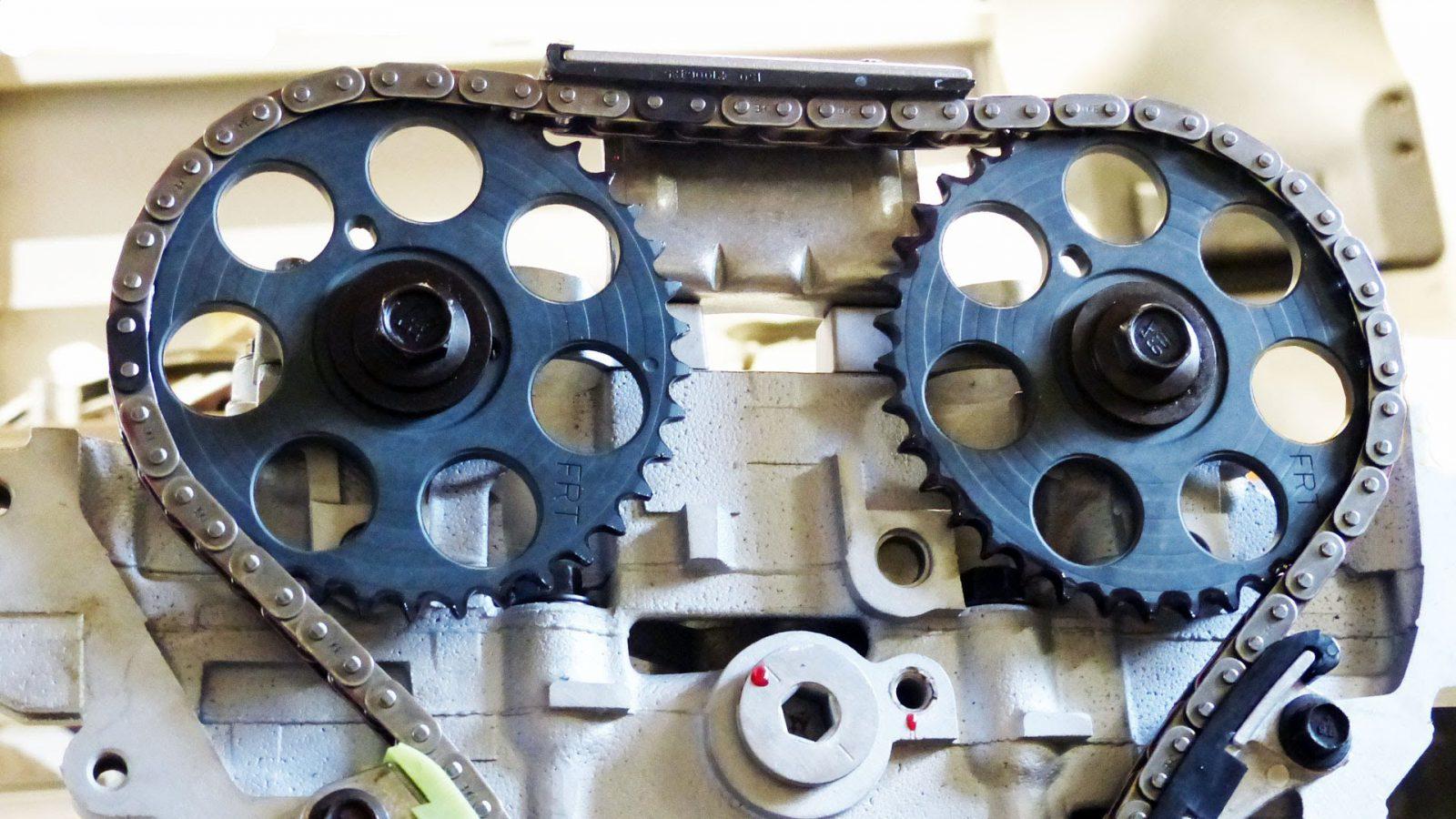
The frightening knocking
It’s a matter of great concern when you hear knocking towards the engine bottom when holding the throttle at a steady RPM. The connecting rod makes this noise when its bearing does not have enough lubrication. Low oil pressure or old oil with dirt and grimes causes this problem that can ultimately destroy the bearing and crankshaft surfaces. You may need a major engine overhaul if you don’t take immediate action.
SEE MORE:
>> Car Engine Vibration: 5 Ways to Fix
>> The Right Time to REPLACE an Engine Oil Pump
Muffled metallic clatter
The cracks in the lower piston skirt are the culprits in this case. It’s an unavoidable problem because the metal fatigue will cause the cracks over time. Don’t do anything if you hear the sound when the engine is cold, and it goes away after starting the car. Otherwise, replacing the piston is the only solution to such engine noises.
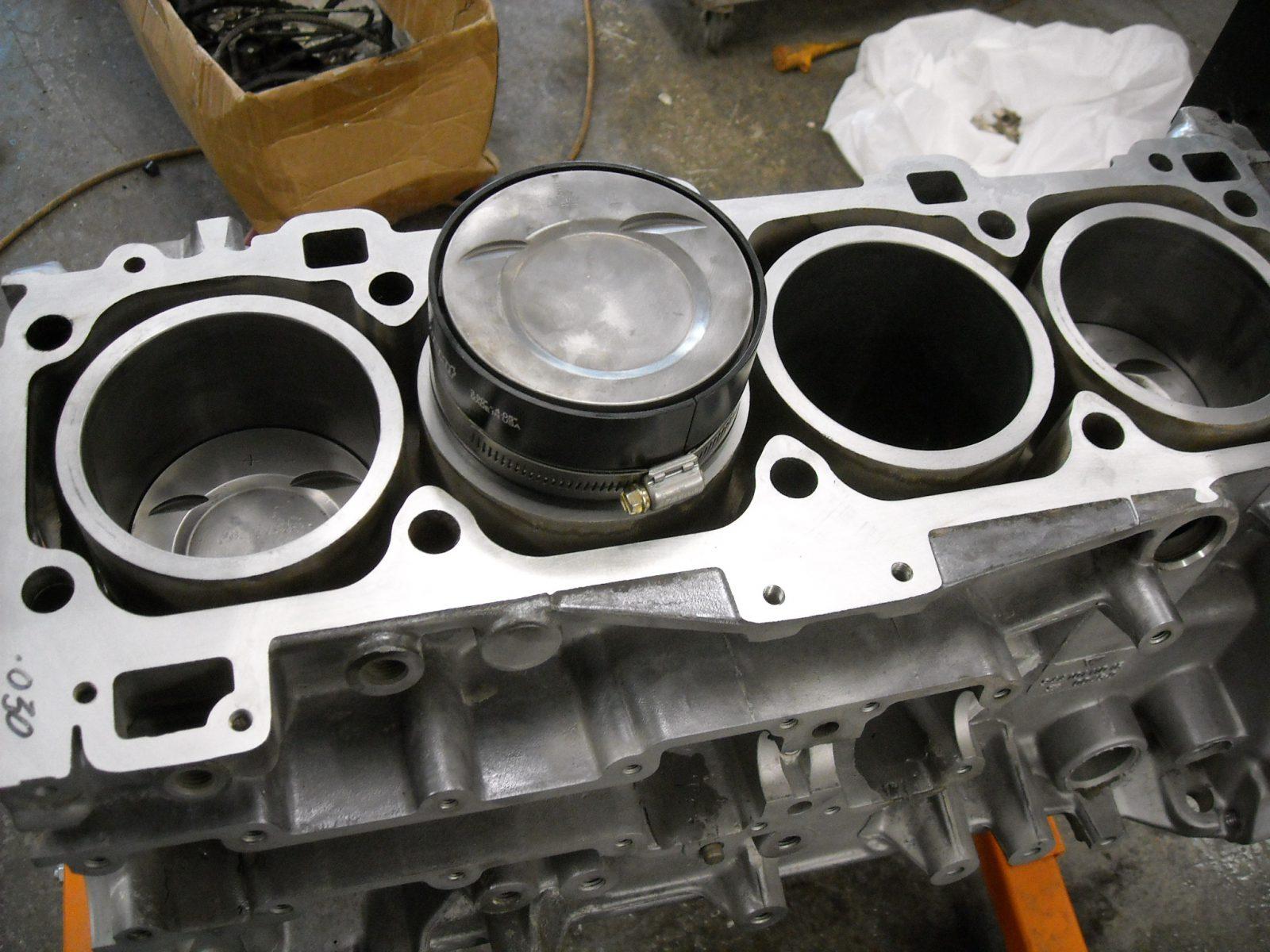
Beware of double knocking
Piston pin creates this sound when the oil pressure is low, and there’s not enough fuel to lubricate the area between the piston and the pin. You can avoid this issue by keeping the tank full but when the problem is already there, replacing the pin bushing or the whole piston is the only fix.
The scary whining
An about-to-fail bearing creates such a noise when the engine is running, and it picks up with the increase in the RPMs. As there are several bearings under the hood, you will need a professional diagnosis to pinpoint the source. You should check out this kind of problem immediately because a delay can lead to a vehicle breakdown.







